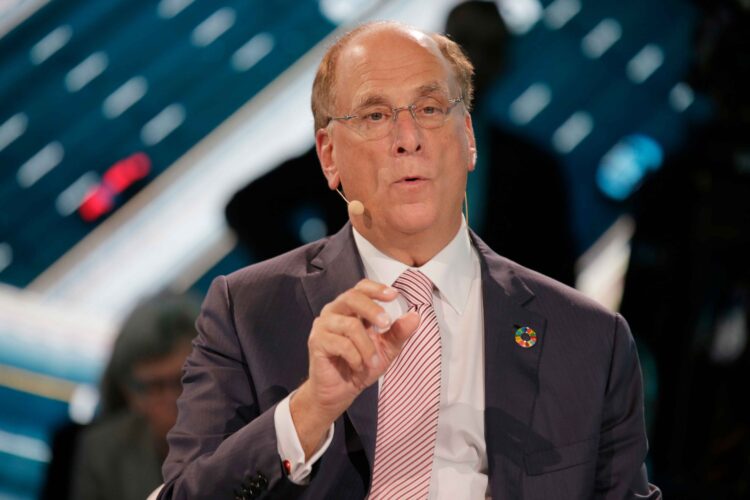After distancing themselves from the term Environmental, Social, and Governance (ESG), corporations and investment firms have begun sneaking in new terms like “climate transition” and “green economy” to push the same policies without the negative attention.
The number of times that C-Suite executives mention ESG in memos and documents has plummeted immensely over the last several months. There were only nine mentions of the term among all S&P 500 companies’ earnings calls over the last few weeks, down from 74 in the first quarter of 2023 and down from its peak of 156 mentions in Q4 2021.
As Valuetainment previously reported, BlackRock CEO Larry Fink, who was a major proponent of ESG the movement, began to distance himself from the “weaponized” term in June 2023 amid center-right and right-of-center blowback. However, Fink and the leaders of other major corporations have shown no sign of slowing down with the principles behind the ESG movement, and are opening climate funds just as they close ESG funds. To avoid catching flak from the conservative and moderate crowds, they’ve simply switched names around to pursue the same policies with a lower profile.
Learn the benefits of becoming a Valuetainment Member and subscribe today!
“Clients are taking a more measured approach to how they integrate ESG,” observed Andy Wiechmann, the CFO of finance firm MSCI, on an earnings call. (This was one of the nine recent mentions of the term.)
The replacement terms include “green economy,” “energy transition,” and “climate transition.”
JPMorgan Chase CEO Jamie Dimon told investors that there is “an ongoing need for increased spending due to the green economy” in early January.
$JPM CEO Jamie Dimon: "There is also an ongoing need for increased spending due to the green economy, the restructuring of global supply chains, higher military spending & rising healthcare costs. This may lead inflation to be stickier & rates to be higher than markets expect"" pic.twitter.com/KakQPOAMEF
— The Transcript (@TheTranscript_) January 12, 2024
Larry Fink said during a January 12th earnings call that “energy transition” would be a key factor in BlackRock’s $12.5 billion purchase of Global Infrastructure Partners.
“If we are going to decarbonize the world … capital and infrastructure is going to be very necessary,” Fink said, noting “that supply/demand imbalance creates compelling investment opportunities for our clients.”
Apple CEO Tim Cook called it “environmental work” in a company call. Brookfield Asset Management put $10 billion in a “climate transition fund,” which is the second global private equity fund it has established to push climate initiatives.
Other terms that have been used in recent earnings calls include “sustainable investing,” “responsible business,” and “transition investing.”
 Shane Devine is a writer covering politics, economics, and culture for Valuetainment. Follow Shane on X (Twitter).
Shane Devine is a writer covering politics, economics, and culture for Valuetainment. Follow Shane on X (Twitter).


















When you thing about regulations imposed on a budiness, you think this is an imposition by government.
This time it’s an imposition by corporations and investment firms.
Never in the history of business has private enterprise imposed burdens on private businesses.
The problems with ESG are many fold.
* there are no accounting standards which can measure ESG variables reliably.
* compliance may distort optimal operations of a business who may employ the less capable in order to satisfy the S of ESG.
* ESG ratings can be used by insiders who have early access to the information before being released to the public.
* ESG distorts the recommendations made by investment firms to value an oil company such as Exxon more than EV maker Tesla. Fossil fuels rate higher than electric? A joke!
* ESG imposes extra costs on business for complying.
It is truly evil.
Thank you
Anthony